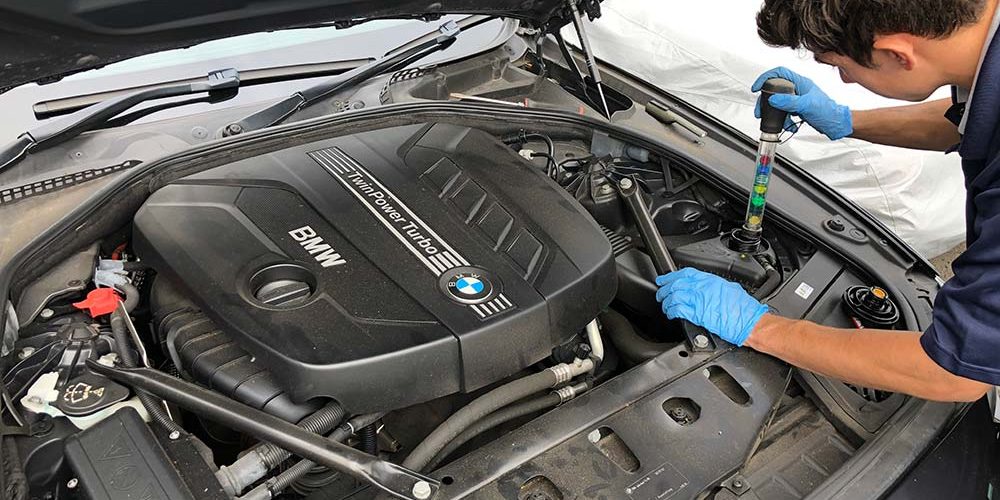As a driver, it’s important to be aware of the various noises your car makes as these can indicate potential issues or provide important information. In this blog, we run through some of the most common warning sounds which drivers should be familiar with:
Noises when reversing
When you engage reverse gear, you might hear a beeping sound from the parking sensors. These clever motion sensors alert you to obstacles behind the vehicle, signalling their distance with more frequent sounding.
Lights
If you leave your lights on after turning off the engine, some cars have an audible warning sound to remind you to switch them off to prevent draining the battery.
Alarm
If someone attempts to break into your car or tamper with it, the car alarm should trigger. The alarm is typically a loud, intermittent honking sound, intended to alert you and others nearby, and deter intruders.
A smooth running engine
When your car is in good condition, the engine should run smoothly and quietly. A well-maintained engine will produce a consistent hum or purring sound, indicating that everything is functioning properly.
Warning signs from the engine
If you hear unusual bangs, grating, or rough noises coming from your engine, it may be a sign of a problem. Common warning noises include knocking, ticking, grinding, or screeching sounds. These may indicate issues with the engine, such as a worn-out belt, faulty bearings, or the engine misfiring.
If you notice any of these sounds, it is advisable to have your vehicle inspected by a mechanic as soon as possible.
Tyre pressure
Newer cars are equipped with a tyre pressure monitoring system (TPMS). If the tyre pressure drops below the recommended level, the TPMS will trigger a warning light on your dashboard. This light is usually accompanied by a low-level chime or beep. It is important to check the pressure and inflate or repair the tyres as needed to ensure safe driving conditions.
Brake system warning
When there is a problem with your brakes, such as low brake fluid or worn-out brake pads, a warning light may illuminate on the dashboard and some cars also produce a high-pitched squealing or grinding noise to indicate the need for immediate brake service.
CONTACT DOUBLE DEE AUTOS
Engine overheating
If your engine temperature rises above the normal operating range, an audible warning, such as a continuous beep or an alarm, may activate. This sound warns you to stop your car and allow the engine to cool down to prevent damage.
Consult your vehicle’s owner’s manual to familiarise yourself with the specific warning sounds and indicators for your car as they will vary by make and model. The more you drive, the more attuned you’ll become to your own car’s foibles and how it sounds on starting and when it’s running well.
Regular vehicle maintenance and prompt attention to any unusual noises or warning sounds are crucial for ensuring a safe and smooth driving experience. At Double Dee Autos, we offer comprehensive car garage services in Bromley and can advise and assist you for the safest journeys. Contact us to find out how we could help.

